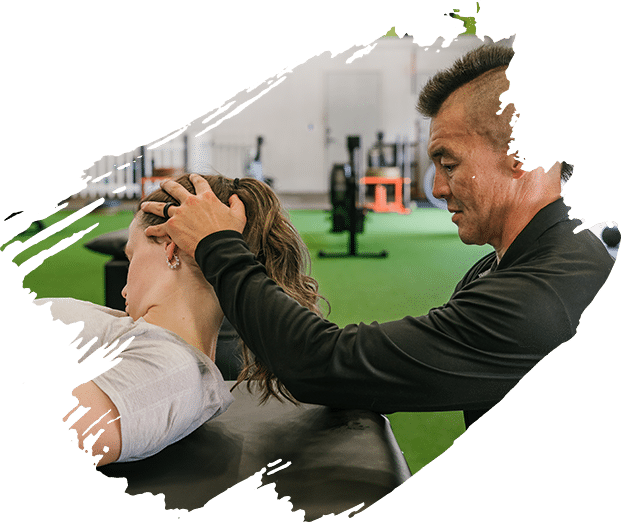 We do team training at Habitat Health and Fitness in Lakeland, FL, so we work with many athletes. We also believe that inside every person is a hidden athlete waiting to emerge. Clients often wonder if plant-based diets could fit into an active, athletic lifestyle. The answer is yes, but it takes a lot of planning to ensure it contains all the nutrients necessary. There are as many ways to go plant-based as there are people. Each diet should be individualized and healthy.
We do team training at Habitat Health and Fitness in Lakeland, FL, so we work with many athletes. We also believe that inside every person is a hidden athlete waiting to emerge. Clients often wonder if plant-based diets could fit into an active, athletic lifestyle. The answer is yes, but it takes a lot of planning to ensure it contains all the nutrients necessary. There are as many ways to go plant-based as there are people. Each diet should be individualized and healthy.
Is a plant-based diet the same as vegan?
The answer is no. A plant-based diet could include animal products, such as eggs, milk, fish, and meat, but on a more limited basis. It could include fish, but not red meat or poultry. No matter what type of plant-based diet that's chosen, ensuring the food is healthy is the primary goal. Even if you're eating a plant-based diet, if it contains white bread, French fries, and highly processed snack food, you won't perform as well or get the health benefits you desire.
There are difficulties with vegan diets and some vegetarian diets.
The more rigid the plant-based diet, the more potential there is for too little iron and vitamin B12. People on vegan diets may lack calcium and need to know how to balance plant protein to ensure they get all essential amino acids daily. Including a variety of plant protein sources helps solve the problem with amino acids. To increase iron, focus on legumes, nuts, and dark green leafy vegetables. You need iron and B12 to deliver oxygen to the muscles. B12 is in nutritional yeast and fortified foods. Calcium is in milk products, but if those aren't part of the personalized diet, collard greens, kale, fortified products, and bok choy are also rich in calcium.
Many famous athletes eat a plant-based diet.
Athletes are choosing to eat more vegetables and cut back on meat. Some don't call it plant-based, just plant-focused. Why do they do it? It can promote weight loss to help you reach and maintain your healthiest weight. Many people say it increases their energy level and boosts their performance. It's why many collegiate and professional athletes choose a plant-based option. It can help lower blood pressure, reduce inflammation, improve your cholesterol profile, and improve digestion.
- You won't get your desired results if you eat highly processed food. Stick with whole foods and food without added sugar.
- Always check the source of protein when choosing meat substitutes. Pea and bean protein are good but avoid soy protein isolate or wheat gluten. Check the sodium content and amount of saturated fat.
- A diet that's focused on plant consumption can help speed up the recovery process after a tough workout. A plant-based diet also may lower blood viscosity, making it easier to deliver oxygen to muscles and improving performance.
- Identify the degree of plant-based diet that's right for you. It's often difficult to stick with a strict vegan diet, so opting for a more moderate form might be right for you.
For more information, contact us today at Habitat Health & Fitness

